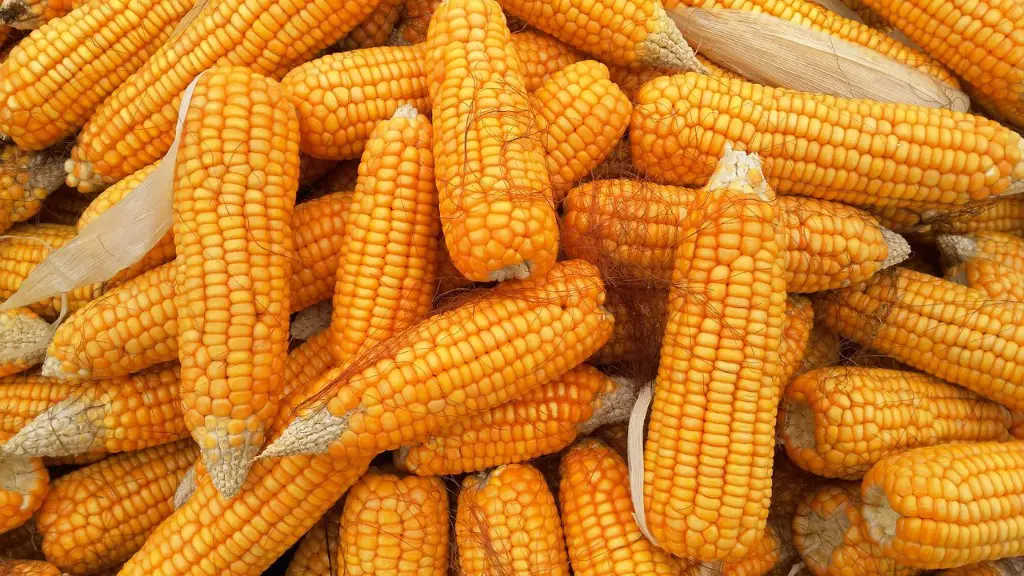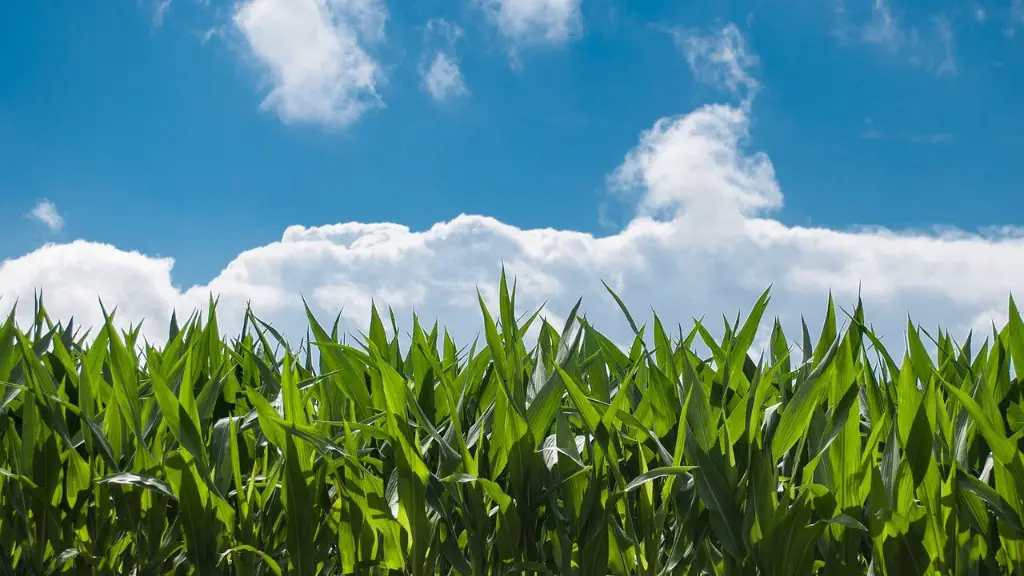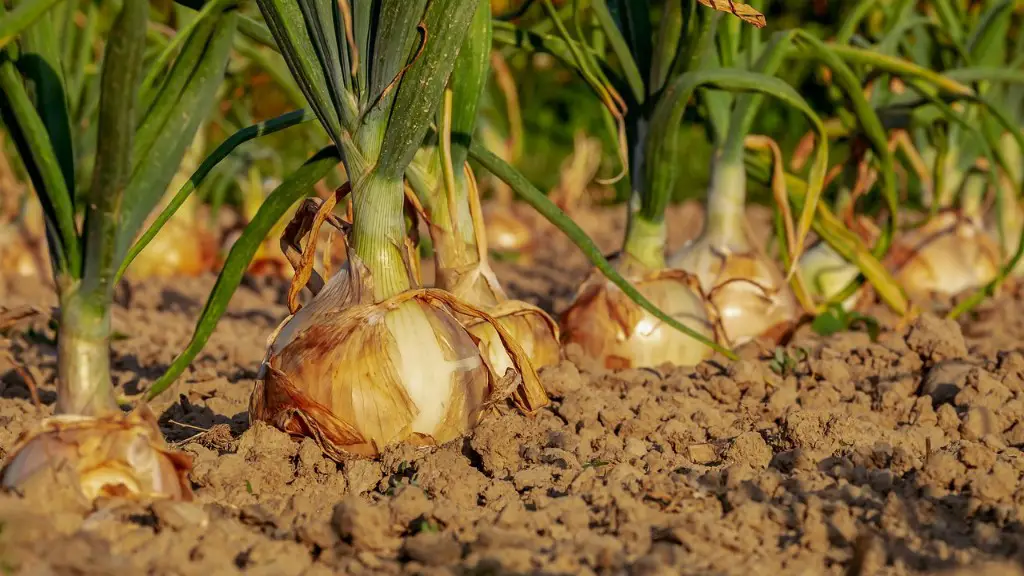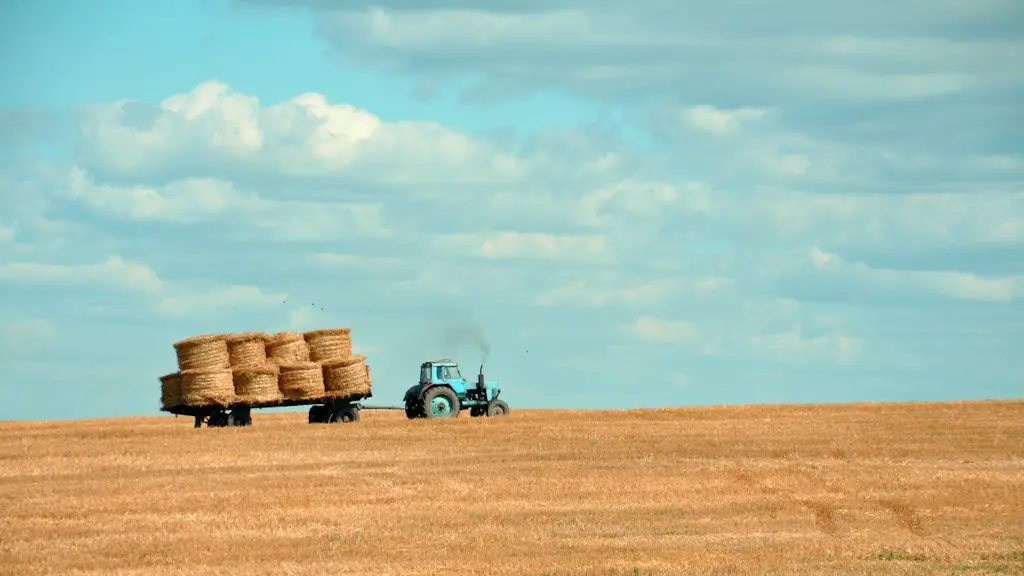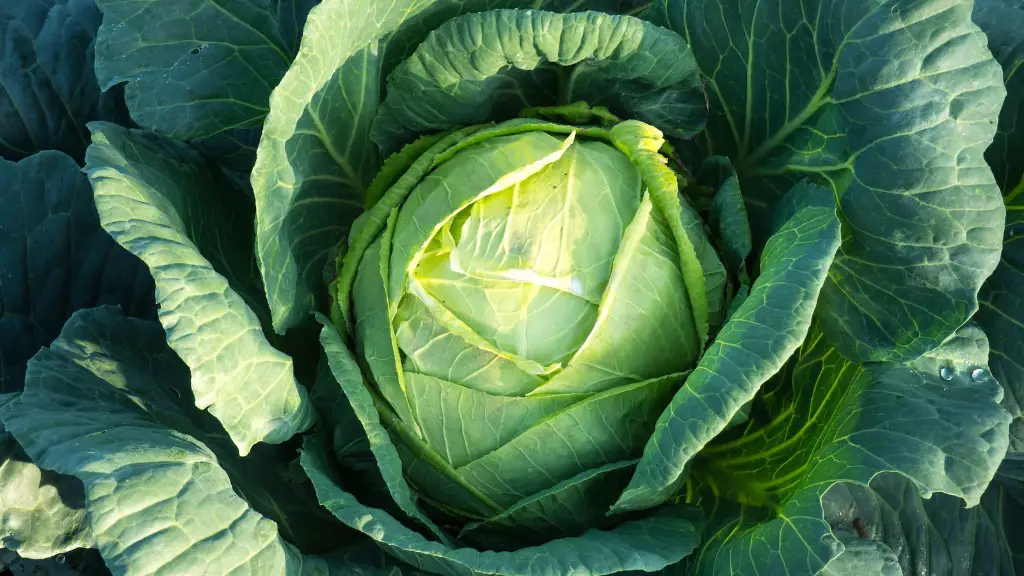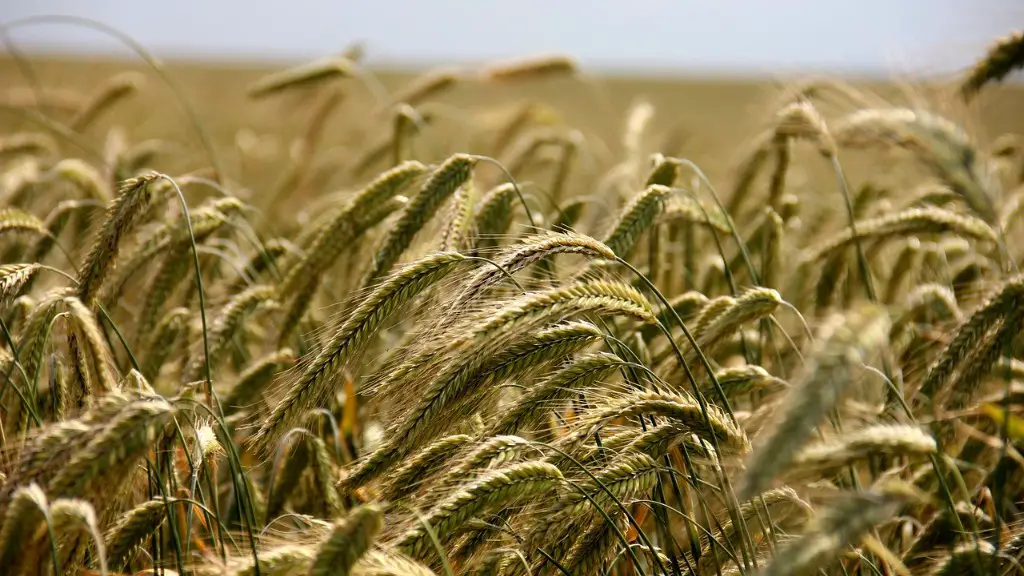Obtaining a Bachelor’s Degree in Agriculture could open up numerous job opportunities to you. After completing this degree, you may be eligible for various roles in the field of agriculture and related industries. Your abilities and experience can lead to employment in fields such as farm management, research and development, agribusiness, education, and government agencies. Additionally, your educational background could qualify you for a range of entry-level positions.
Farm Management: You can consider a job as a farm manager after obtaining your BSc degree in agriculture. The job will involve managing resources, supervising daily operations of a farm, controlling costs, overseeing livestock and crop production, and maintaining equipment and supplies. You will be required to work in a range of settings, and you may also be responsible for training employees.
Research and Development: After your degree, you may be able to pursue a career in research and development for agricultural industries. This could include developing new methods for crop production and efficient use of land resources. You may also focus on research activities such as improving the yield of crops or developing new methods of controlling pests and diseases.
Agribusiness: With your BSc in Agriculture, you can also get involved in Agribusiness. This involves managing the business side of farming. You will be able to work with clients to set up, develop and expand agricultural businesses. This may include helping to create a marketing plan, financial management, product development and launching new products in the market.
Education: After your degree, you may also consider a career in product education. You could work with farmers, helping them to better understand and explore the use of the latest technologies and methods for managing their farms and produce. You could also apply your educational knowledge to teach college courses related to agriculture, or work as an Extension Agent and help disseminate information on best farming practices.
Government Agencies: With your degree, you can also explore a career in government agencies. This could involve working with state or federal agencies such as the Department of Agriculture, helping to ensure the sustainable development of agriculture. You may work as an inspector, helping to ensure the quality of food and food safety, or you may be involved in policy development, helping to create national agriculture policies.
Entry Level Roles: Additionally, your degree may also qualify you for a range of entry-level roles. This could include gathering data to analyze and report on the performance of agricultural production, assisting farmers with their record keeping, helping to create and maintain crop plans or managing farm financials.
Research and Development
Obtaining a BSc in Agriculture may also qualify you for a career in research and development in the agricultural industry. As part of this role, you will be responsible for planning and executing experiments to develop new methods of crop production, efficient use of land resources and controlling pests and diseases. You may be able to help companies improve their products to meet customer demands for better quality and control over farming activities.
Research and development in the agricultural industry is a highly specialized area, and it requires knowledge of a range of disciplines. In addition to being educated in the sciences and agricultural technologies, you may also need to have an understanding of economic and environmental issues related to agricultural production and processing.
Your research and development experience can also help you become an advisor to farmers and ranchers. You can provide guidance on best practices for growing crops, managing soils and dealing with pests and disease in a cost-effective and sustainable manner. You may also play a role in the development of new farming methods or in the optimisation of farming strategies.
Agribusiness
If you have obtained a BSc in Agriculture or equivalent, you may also be interested in a career in agribusiness. This involves working with customers to develop, grow and expand agricultural businesses. Your knowledge and understanding of agricultural production, industry trends and customer needs will be advantageous.
Your work could involve creating marketing plans, financial analysis, supply chain management and launching new products in the market. This may include an understanding of the legal requirements for running agricultural businesses, such as tax regulations, health and safety and environmental protection.
You may also be required to work in various industries to provide customers with advice on the best practices for operations, such as the implementation of new technologies, improving production efficiency and increasing the yield and quality of crops. Depending on your experience, you may even act as a consultant, providing advice and assistance to farmers, ranchers and other businesses in the agriculture industry.
Education
After obtaining your BSc in Agriculture, you could consider pursuing a career in product education. This role is essential in helping farmers to better understand and explore the use of the latest technologies and methods available for managing their farms and produce.
As an educator, you would work to provide access to knowledge and create training programs to help farmers increase the yield and quality of their crops. This may include developing curriculums or teaching courses in colleges related to agriculture. Additionally, you may also act as an Extension Agent and help disseminate information about best farming practices.
You could also create educational events and seminars, helping to inform farmers and growers of the latest innovations and practices in the industry. Additionally, this role may also involve visiting farms to monitor their operations and providing advice on enhancing the production and use of resources.
Government Agencies
With a BSc in Agriculture, you may also consider a career in government agencies. This could involve working with state or federal agencies such as the Department of Agriculture, helping to ensure the sustainable development of agriculture. In such a role, you may act as an inspector, helping to ensure the quality of food and food safety. You may also conduct investigations on different issues within the agriculture industry and work to create solutions.
In a government role, you may also be involved with the development of policies and regulations. You will work to create laws and policies to be implemented in the industry, such as creating protocols for agricultural production and processing. This could also involve working with other government departments, such as health and environmental protection, and assisting in the implementation of regulations.
Additionally, you may be tasked with providing research and advice on different issues in the agricultural industry. Within such a role, you will be responsible for researching and analyzing data to help develop solutions to problems. You may also be responsible for gathering feedback from farmers, consumers and other stakeholders, in order to monitor the effectiveness of regulations.
Entry Level Roles
Your BSc in Agriculture may also qualify you for a range of entry-level roles. This could involve gathering data related to agricultural production and documenting the performance of different crops. Additionally, you may be responsible for helping farmers with their record keeping, such as on budgets and resources.
Additionally, you may also assist farmers with developing and creating crop plans, as well as managing the financials of farms. This could include preparing reports to assess the profitability of farming operations and developing financial strategies for improving the management of resources. In some cases, you may also be responsible for creating marketing plans for selling the produce of farms.
Your skills in data analysis may also be beneficial in such a role. You may need to analyze different datasets related to the production of crops and provide insights on optimizing the use of resources and improving the yield and quality of produce. Your understanding of agriculture may also be beneficial in a variety of roles, including helping with the development of new technologies or providing advice on issues related to agricultural production.
